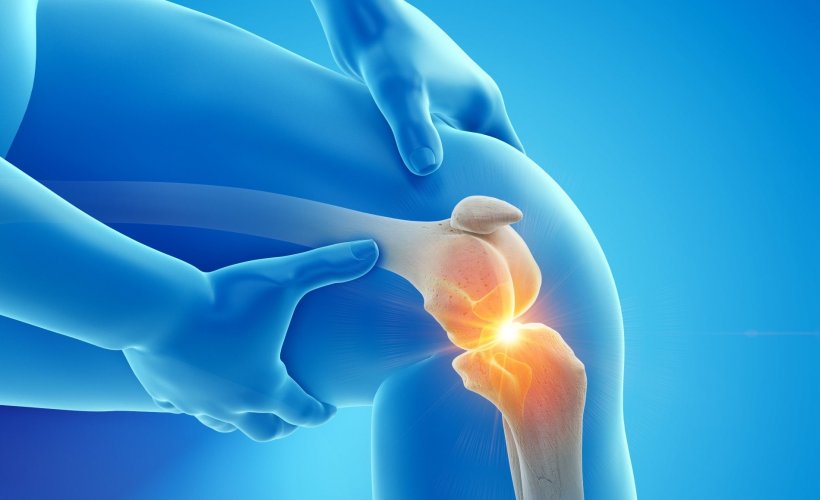Injuries to the cartilage rarely heal without medical intervention. In any case, they may worsen and interfere with your mobility and general quality of life. Scottsdale cartilage repair restores the damaged or injured cartilage tissue, relieving pain and inflammation and restoring joint function. Your choice of treatment depends on the size, location, and severity of the cartilage injury, as well as your age, activity level, and overall health.
Medical conditions that can benefit from cartilage repair
Cartilage repair can help to restore the damaged cartilage in the affected joint, which can reduce pain, improve joint function, and slow down the progression of osteoarthritis. This can improve your quality of life and prevent or delay more invasive treatments such as joint replacement surgery. Injuries from trauma, and sports injuries, can result in excruciating pain and swelling, limiting joint function. This procedure can help promote the growth of new cartilage in the affected area, restoring joint function and reducing pain. You can benefit from cartilage repair if you are an athlete or rely on your joints for your daily activities. The AZ Ort team may combine cartilage repair with physical therapy or pain management to further improve your outcome.
Preparation tips for cartilage repair
Proper preparation for the treatment can maximize the chances of success and minimize recovery time. The first step is to consult with an orthopedic specialist to evaluate the damage’s extent and recommend appropriate treatment options. They may also conduct imaging tests, such as X-rays or MRIs, to better understand your injury. Based on your results, your specialist may recommend a specific type of cartilage repair procedure, such as microfracture, autologous chondrocyte implantation, or osteochondral autograft transplantation. They can also advise on preoperative and postoperative care, such as pain management, rehabilitation, and activity restrictions. It is also crucial to adhere to your doctor’s preoperative instructions, including avoiding certain medications, such as blood thinners or nonsteroidal anti-inflammatory drugs, that can increase your risk of bleeding or interfere with healing. You may also need to abstain from food and drink for a certain period before the procedure. Additionally, your provider may recommend specific exercises to strengthen the surrounding muscles and improve your range of motion.
The cartilage repair procedure
Cartilage repair procedures restore function and reduce pain in patients who have experienced damage to their cartilage, a firm and flexible connective tissue that cushions and protects bones in joints. The procedure aims to stimulate new cartilage tissue growth or replace damaged cartilage with healthy tissue from elsewhere in your body. The specific approach will depend on the extent and location of the damage and your overall health and preferences.
During autologous chondrocyte implantation (ACI), your doctor will remove a small sample of healthy cartilage from your body. They may then send the sample to a lab, where the chondrocytes are extracted and grown in culture. After several weeks, the team may implant the newly developed chondrocytes into the damaged area of the joint, typically through a small incision.
For more information about cartilage repair, call the AZ Ortho office or book your spot online.
